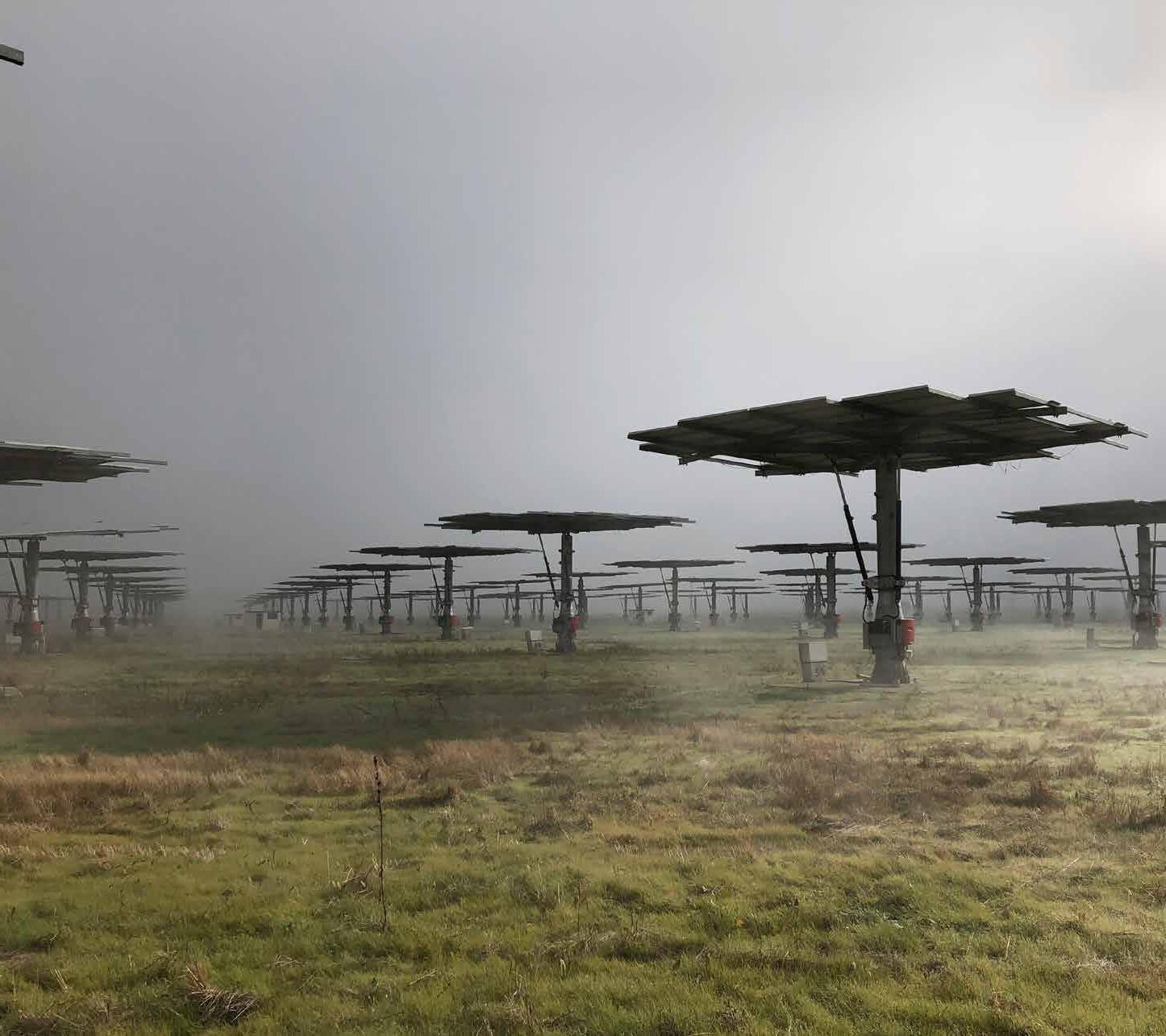
1 minute read
CLIMATE RISK ASSESSMENT
A standalone climate risk assessment was conducted in 2022 where key internal stakeholders from multiple business functions were asked to assess 21 different physical and transition climate risks. Physical risk types included both acute and chronic hazards and stressors, and transition risk types included policy and legal, technology, market and reputation categories. Each individual risk was scored in terms of severity and likelihood and an overall risk rating ascertained in accordance with Sonnedix’s standard risk matrix.
In assessing the physical risk of climate change, all acute and chronic risks were prominent for Sonnedix. The increased severity of extreme weather events provides the potential for disruption to Sonnedix’s operations, with the damaging of equipment and infrastructure. Extreme heat can both reduce the efficiency of solar panels and affect employees who are working on this site and may prevent them from working. This extreme heat combined with a higher potential for drought presents an increasing wildfire risk, which can cause further damage to assets and pose a human health risk.
In assessing the transition risk of climate change, enhancing reporting and regulation, uncertainty in market signals, and increasing cost and scarcity of raw materials were found to be most prominent. Whilst increasing climate-related regulations can be an opportunity for renewable energy providers such as Sonnedix, they provide some risk from the fast changing regulation and increasing need for compliance and reporting functions. As climate ambitions increase and new renewable energy providers enter the market, there will inevitably be increased competition for equipment components, which may induce scarcity or increase costs. Whilst some level of risk is apparent, the transition to a lower-carbon economy largely presents an opportunity for us to further expand our business and deploy renewable energy to meet regional and country-level net zero targets. Our business model, based exclusively on green energy, is well-positioned to be able to capture these opportunities.






